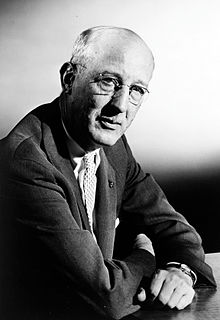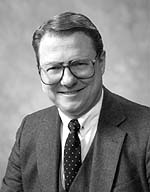A Quote by Johann Wolfgang von Goethe
We must not take the faults of our youth with us into old age, for age brings along its own defects.
Related Quotes
Crabbed age and youth cannot live together; Youth is full of pleasure, age is full of care; Youth like summer morn, age like winter weather; Youth like summer brave, age like winter bare. Youth is full sport, age's breath is short; Youth is nimble, age is lame; Youth is hot and bold, age is weak and cold; Youth is wild, age is tame. Age, I do abhor thee; youth, I do adore thee.
As for certain lesser faults, we must believe that, before the Final Judgment, there is a purifying fire. He who is truth says that whoever utters blasphemy against the Holy Spirit will be pardoned neither in this age nor in the age to come. From this sentence, we understand that certain offenses can be forgiven in this age, but certain others in the age to come.
In youth it is the outward aspect of things that most engages us; while in age, thought or reflection is the predominating qualityof the mind. Hence, youth is the time for poetry, and age is more inclined to philosophy. In practical affairs it is the same: a man shapes his resolutions in youth more by the impression that the outward world makes upon him; whereas, when he is old, it is thought that determines his actions.
Life is not stationary. Seconds, minutes, hours, days, weeks, months, and years all tick away at the same clip for everyone. No age-group can be isolated. None of us can settle into infancy, youth, middle age, or old age. We all grow older, and, incidentally, it is an exciting thought if the accent is on growing. "Though our outward man perish," said Paul, "yet the inward man is renewed day by day" (2 Cor. 4:16; italics added).




































